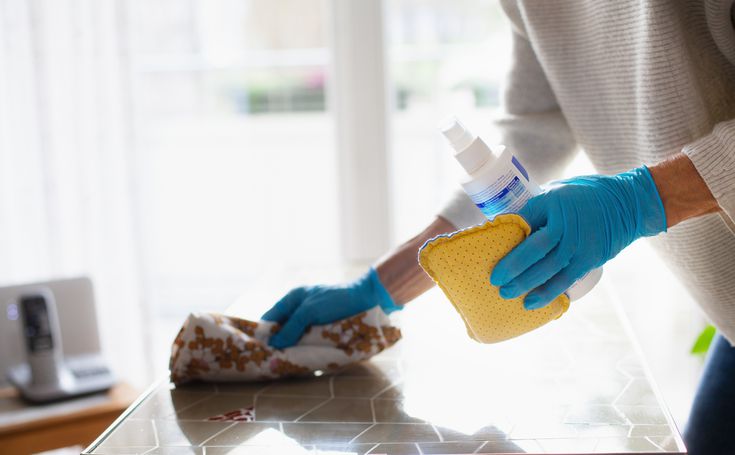Summer is here and many of us are participating in more outdoor activities, such as swimming in the pool, hiking, taking the kids to and from camp, longer walks with the dog, and even leaving our windows open more often during the cooler hours of the day. These activities usually bring in more dust, debris, and dirt from the outdoors, necessitating more cleaning than usual. As satisfying as a clean house may feel, make sure you are playing it safe when spraying chemicals and doing household upkeep in high-traffic areas.
We all know the danger of ingesting cleaning chemicals or the harmful effects of getting these substances in your eyes, but did you know that several common household chemicals can also be harmful to your hearing if heavy doses are breathed in? Get to know which household chemicals may be ototoxic, or having a toxic effect on our ear or nerve supply when inhaled, absorbed, or ingested:
 Plastic, paint, cleaning agents: These chemicals might contain Benzene or Trichloroethylene which have been demonstrated to have an impact on our nervous system and inner ear.2 Especially when mixing exposure to these chemicals and noise, harmful and permanent damage to your hearing may occur. Precautionary measures should be taken when using to these chemicals.
Plastic, paint, cleaning agents: These chemicals might contain Benzene or Trichloroethylene which have been demonstrated to have an impact on our nervous system and inner ear.2 Especially when mixing exposure to these chemicals and noise, harmful and permanent damage to your hearing may occur. Precautionary measures should be taken when using to these chemicals.
Don’t let these words of caution spoil the summer fun or cause you to avoid a deep, mid-summer home refresh. Just be knowledgeable about the chemicals within your house and take a moment to carefully read the directions and any warnings. If you start to feel a headache, fullness in the ear, blurry vision, or dizziness while using cleaning chemicals, paint, or pesticides, quickly seek out an area away from the chemical to breathe in some fresh air and if necessary, seek medical attention if the symptoms are not alleviated with fresh air or if you experience ringing in the ears or hearing loss.
Find a nearby hearing professional to ask questions or seek help with hearing loss at the find a professional page.